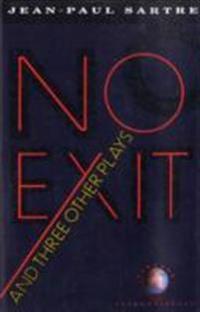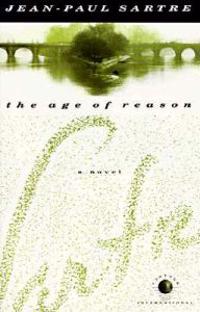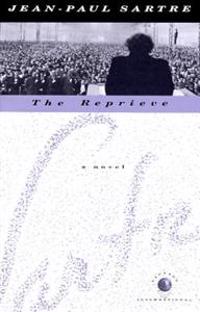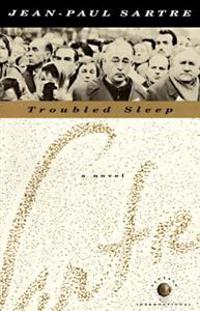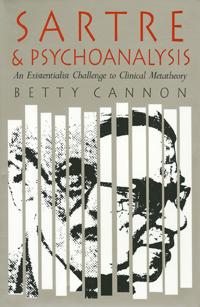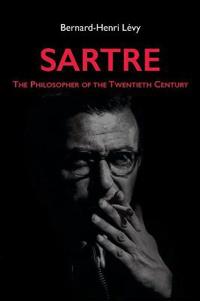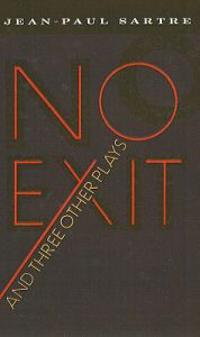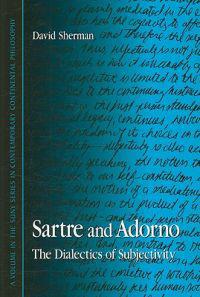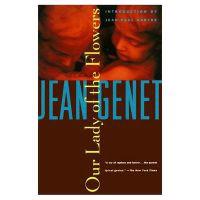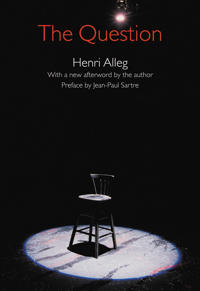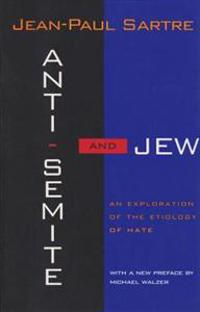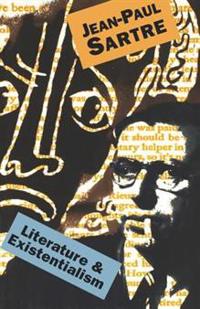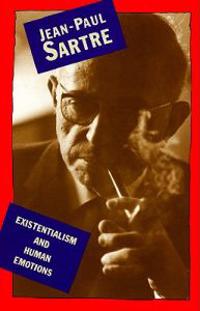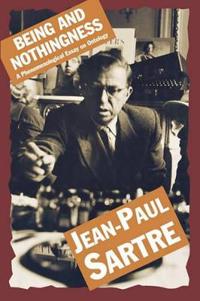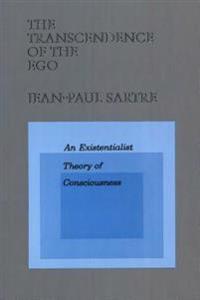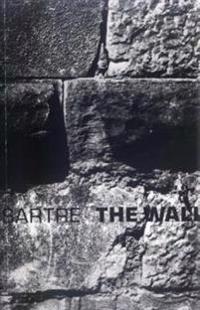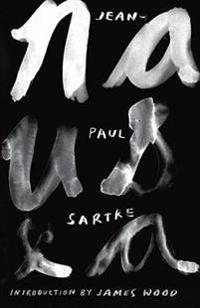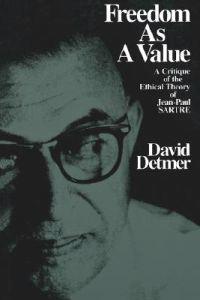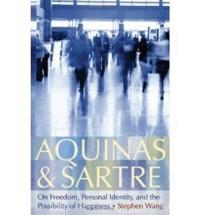No Exit and Three Other Plays (Häftad)
avJean-Paul Sartre
ISBN: 9780679725169 - UTGIVEN: 1989104 plays about an existential portrayal of Hell, the reworking of the Electra-Orestes story, the conflict of a young intellectual torn between theory and conflict and an arresting attack on American racism.[...]
The Age of Reason (Pocket)
avJean-paul Sartre
ISBN: 9780679738954 - UTGIVEN: 199207Set in France during the days immediately before World War II, this is the story of Mathieu, a French professor of philosophy obsessed with the idea of freedom. Translated from the French by Eric Sutton.[...]
The Reprieve (Pocket)
avJean-paul Sartre
ISBN: 9780679740780 - UTGIVEN: 1992-07An extraordinary picture of life in France during the critical eight days before the signing of the fateful Munich Pact and the subsequent takeover of Czechoslovakia in September 1938. Translated from the French by Eric Sutton.[...]
Troubled Sleep (Häftad)
avJean-Paul Sartre
ISBN: 9780679740797 - UTGIVEN: 1992-07Powerfully depicts the fall of France in 1940, and the anguished response of the French people to the German occupation. Translated from the French by Gerard Hopkins.[...]
Sartre and Psychoanalysis
ISBN: 9780700604456 - UTGIVEN: 1991-03This book explores the implications of Sartean philosophy for the Freudian psychoanalytic tradition. Drawing upon Sartre's work as well as her own experiences as a practicing therapist, Betty Cannon shows that Sartre appreciated Freud's psychoanalytic achievements but rebelled against the determinis[...]
Sartre: The Philosopher of the Twentieth Century (Inbunden)
avBernard-Henri Levy
ISBN: 9780745630090 - UTGIVEN: 200309In this ground--breaking biography, Bernard--Henri Levy shows how Sartre cannot be understood without taking into account his relations with the intellectual forebears and contemporaries, the lovers and friends, with whom he conducted a lifelong debate.[...]
Existentialist Moment: the Rise of Sartre as a Public Intellectual, The (Inbunden)
avPatrick Baert
ISBN: 9780745685397 - UTGIVEN: 2015-06-19Existentialist Moment: the Rise of Sartre as a Public Intellectual, The (Pocket)
avPatrick Baert
ISBN: 9780745685403 - UTGIVEN: 2015-06-19Our Lady of the Flowers (Pocket)
avJean Genet, Jean-Paul Sartre, Jean Genet
ISBN: 9780802130136 - UTGIVEN: 198808Jean Genet's first, and arguably greatest, novel was written while he was in prison. As Sartre recounts in his introduction, Genet penned this work on the brown paper which inmates were supposed to use to fold bags as a form of occupational therapy. The masterpiece he managed to produce under those [...]
The Question (Pocket)
avHenri Alleg, John (TRN) Calder, Jean-Paul (CON) Sartre
ISBN: 9780803259607 - UTGIVEN: 2006-09Originally published in 1958, "The Question" is the book that opened the torture debate in France during Algeria's war of independence and was the first book since the eighteenth century to be banned by the French government for political reasons. At the time of his arrest by French paratroopers dur[...]
Literature and Existentialism (Häftad)
avJean-Paul Sartre, Gabriel Marcel
ISBN: 9780806501055 - UTGIVEN: 198701Essays in Existentialism (Häftad)
avJean-Paul Sartre, Gabriel Marcel, Wade Baskin
ISBN: 9780806501628 - UTGIVEN: 2000-06Existentialism and Human Emotions (Häftad)
avJean-Paul Sartre
ISBN: 9780806509020 - UTGIVEN: 200012Being and Nothingness: A Phenomenological Essay on Ontology (Häftad)
avJean-Paul Sartre
ISBN: 9780806522760 - UTGIVEN: 200109A monumental work of the twentieth century, Being and Nothingness is the fullest expression of Jean-Paul Sartre's philosophy of existentialism. First published in 1943, this masterpiece still defines and expresses the modern condition, and holds great relevance for contemporary readers. Existentiali[...]
The Transcendence of the Ego: An Existentialist Theory of Consciousness (Häftad)
avJean-Paul Sartre
ISBN: 9780809015450 - UTGIVEN: 199101First published in France in 1937, this important essay marked a turning point in Sartre's philosophical development. Before writing it, he had been closely allied with phenomenologists such as Husserl and Heidegger. Here, however, Sartre attacked Husserl's notion of a transcendental ego. The break [...]
Nausea (Häftad)
avJean-Paul Sartre, Carol Cosman
ISBN: 9780811220309 - UTGIVEN: 201304Nausea is the story of Antoine Roquentin, a French writer who is horrified at his own existence. In impressionistic, diary form he ruthlessly catalogs his every feeling and sensation. His thoughts culminate in a pervasive, overpowering feeling of nausea which spreads at the bottom of the viscous pud[...]
Freedom as a Value: A Critique of the Ethical Theory of Jean-Paul Sartre (häftad)
ISBN: 9780812690835 - UTGIVEN: 1988-12Aquinas and Sartre
ISBN: 9780813215761 - UTGIVEN: 2009-04Thomas Aquinas and Jean-Paul Sartre are usually identified with completely different philosophical traditions: intellectualism and voluntarism. In this original study, Stephen Wang shows, instead, that there are some profound similarities in their understanding of freedom and human identity. Aquinas[...]



